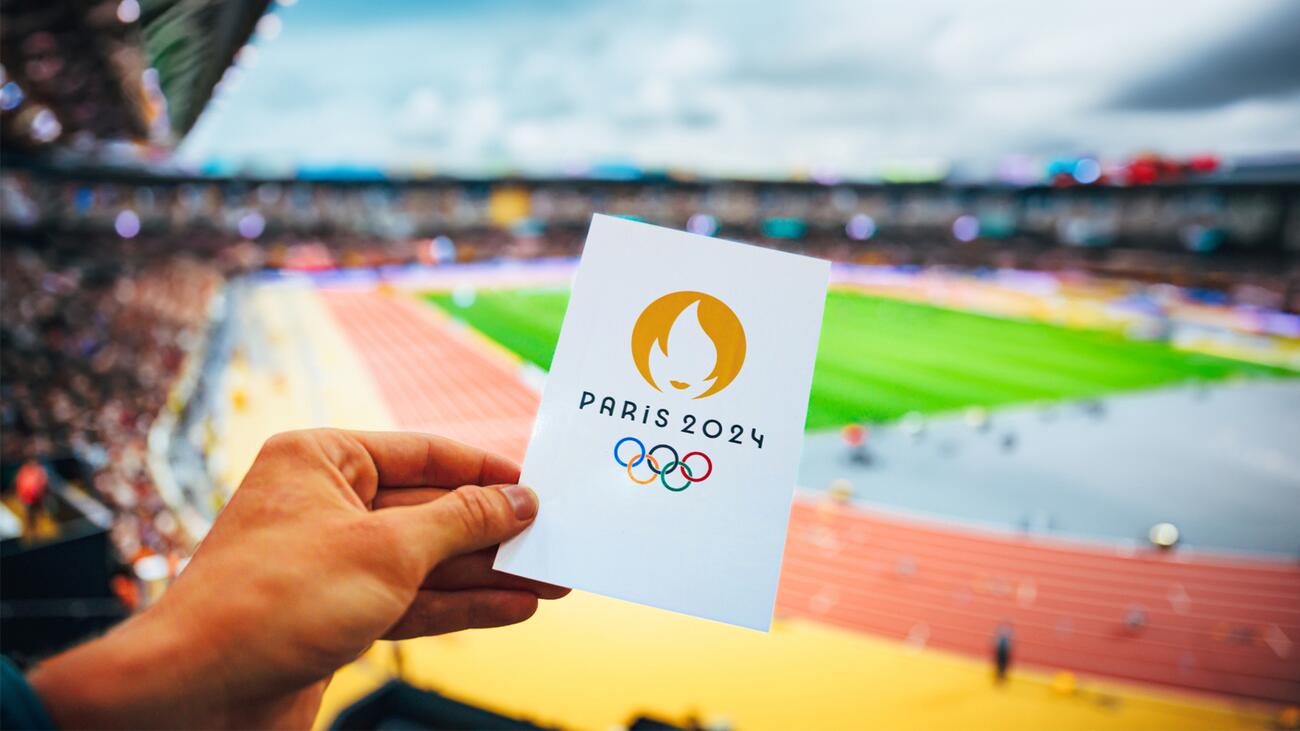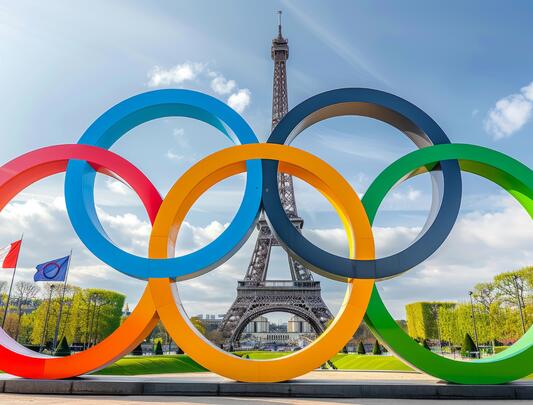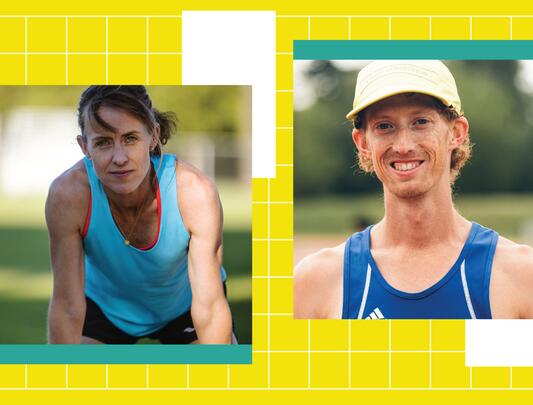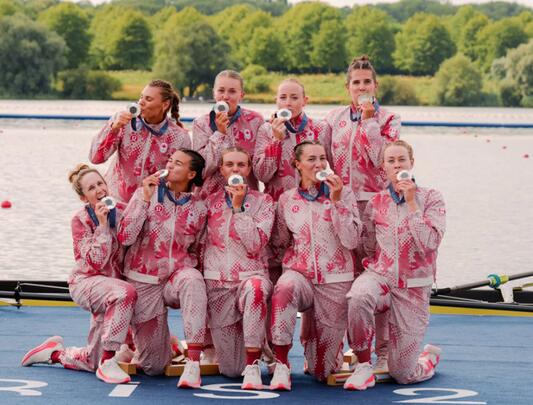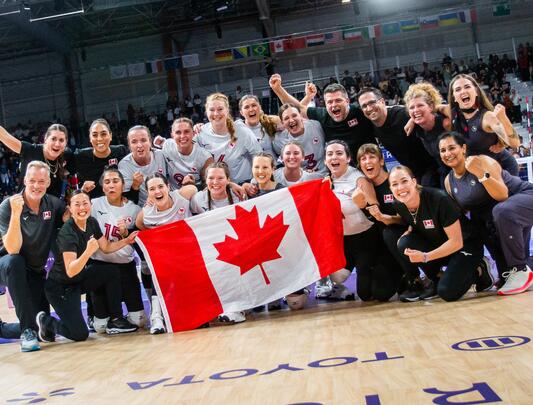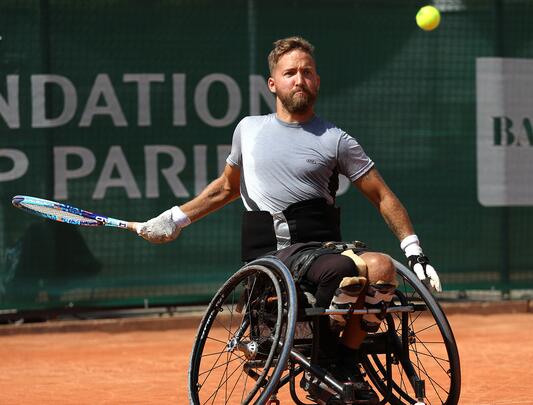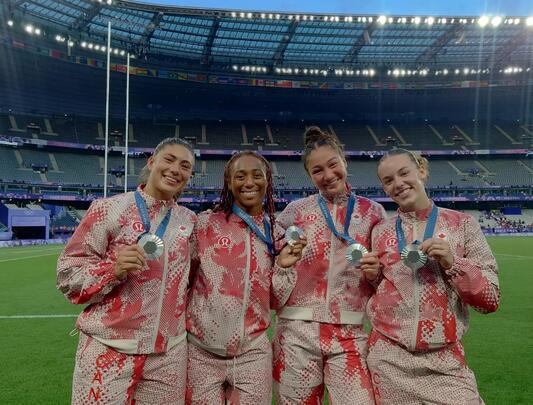From UBC to Paris: Supporting athletes at the 2024 Olympics
UBC’s Dr. Bruce Forster, Samantha Pritchard, and Dr. Mike Wilkinson are heading to the Paris 2024 Olympic Games, each playing a vital role in the success and wellbeing of the athletes.
The Paris 2024 Olympic Games will bring together over 10,000 athletes from about 200 countries with an estimated 15 million visitors to the city.
Among those heading to Paris are several volunteers from UBC including: Dr. Bruce Forster, Samantha Pritchard, and Dr. Mike Wilkinson, each playing a vital role in the success and wellbeing of the athletes.
Radiology is essential for detecting and treating athletes’ injuries
At the Olympic Polyclinic, a 24-hour healthcare facility in the heart of the Olympic Village, Dr. Bruce Forster, a radiology professor at UBC, starts his day at 7 a.m. reviewing all medical issues from the previous day. His role is pivotal in diagnosing and treating injuries that could sideline athletes, in addition to overseeing care for spectators and other volunteers.
“It’s incredibly busy at the Games,” said Forster, who has been part of the International Olympic Committee Medical and Scientific Commission Games Group since 2018. “There’s never a dull moment from dawn till dusk.”

The Games Group is made up of 15 members from multiple countries and different medical specialties who oversee healthcare in the Olympic Village and at the competition venues. Forster supervises the radiology unit, one of the busiest, ensuring that the approximately 1,000 athletes who suffer significant injuries receive timely imaging and accurate diagnostics.
“Imaging is crucial,” he said. “It allows us to understand the extent of an athlete’s injury, develop a treatment plan for their recovery, and determine if they can return to play.”
Despite the demands, Forster finds the work deeply fulfilling.
“Helping athletes stay healthy and give their best performance is incredibly rewarding,” said Forster. “Everyone in the Village has made sacrifices to be there, and I am happy to contribute to their wellbeing.”
Performance analysis helps coaches and athletes improve their performance
Samantha Pritchard’s role as a performance analysis and technology specialist is equally vital. At the Rio 2016 Olympic Games, a power outage disrupted the video feeds right before an event. She and a colleague swiftly located a handheld camera and filmed the event, ensuring the athletes and coaches received crucial visual and tactical feedback.
“My role is a unique one; not many countries have it,” said Pritchard, the senior manager of sport science and sport medicine at UBC Athletics and Recreation. “I help teams gather data they can analyze during and after the Games to improve athlete performance.”
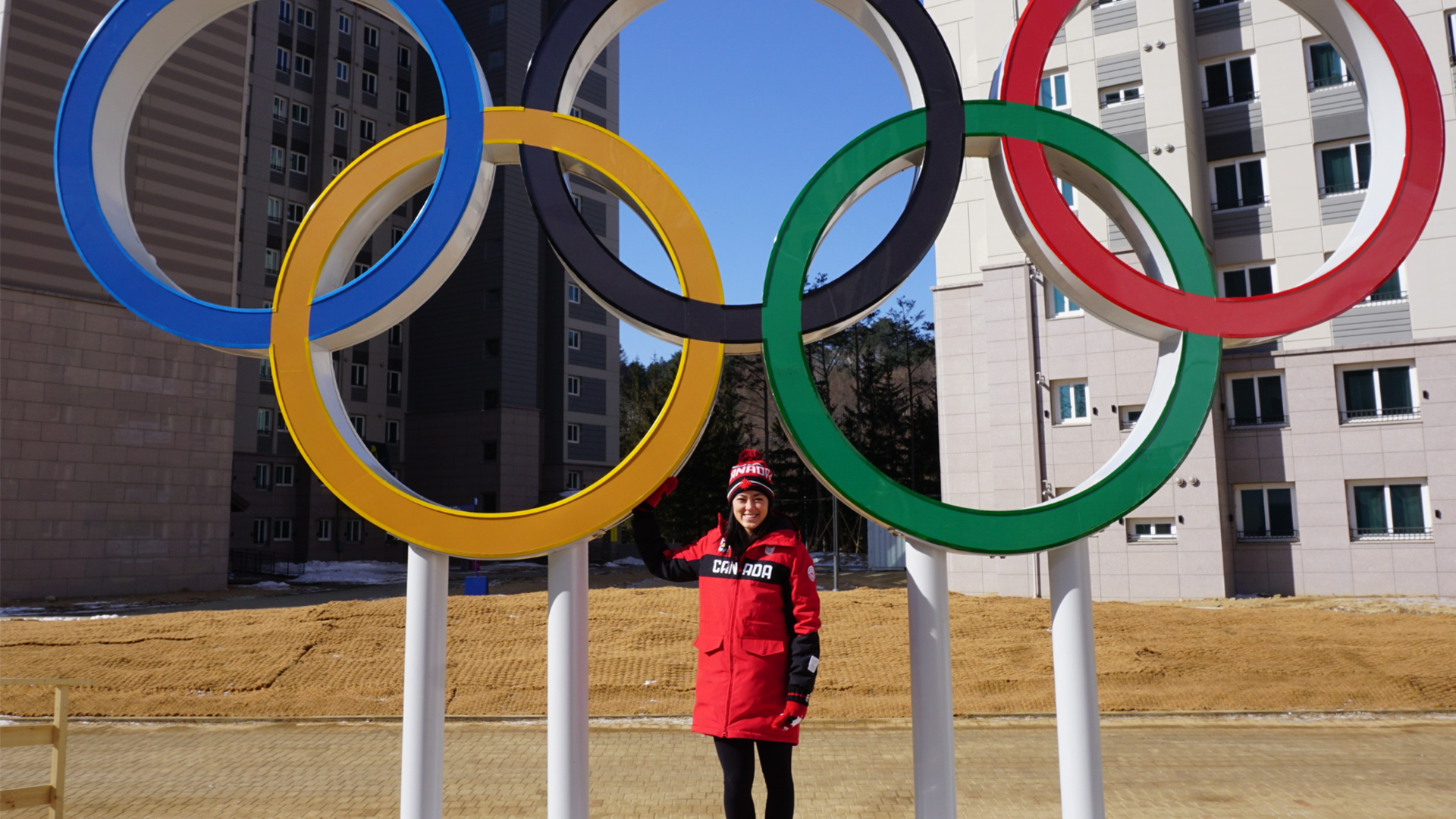
At UBC, Pritchard connects athletes with medical and performance services, a role that benefits from her Olympic experience.
“At the Games you meet and learn from so many talented people from around the world,” said Pritchard. “I use those insights to support UBC athletes, ensuring they stay healthy and perform at their best.”
Mental health is just as crucial as physical health
Dr. Mike Wilkinson, the Chief Medical Officer for the Canadian Olympic Committee, oversees healthcare for the Canadian delegation. He manages more than 80 healthcare professionals including 57 physiotherapists, 15 sports physicians, eight chiropractors, and a nutritionist.
The team also has three mental health practitioners providing care in English and French, a level of support that was absent when he began volunteering 20 years ago.
“Athletes face immense stress, and providing comprehensive mental health care is essential to help them manage this pressure,” said Wilkinson, who is also a clinical professor in sport and exercise medicine at UBC.

Traditionally, there have been mental performance consultants at the Games who helped athletes confront mental barriers ahead of their event but did not address deeper issues such as anxiety or emotional wellbeing. Today, the emphasis is more on a holistic approach when caring for athletes.
“We try to address both physical and mental health needs to ensure our athletes can perform at their best,” said Wilkinson. “The medical team works hard round-the-clock, in the Olympic Village, and at the sport venues, to maintain the health and wellbeing of Canadians.”
Volunteers are important for all levels of sport
As the three volunteers prepare to head to the Games, Pritchard recognized the value of volunteering.
“Sporting events at all levels would not happen without the support of volunteers,” she said.
For those hoping to volunteer for the Olympics in the future, Forster has a message: volunteer locally first.
“Volunteering at local events is a great way to gain hands-on experience and make connections,” he said.
Wilkinson agreed.
“Volunteering, especially for new health professionals, is a great way to learn more about the different injuries associated with different sports, and how to best treat them,” he said.
























